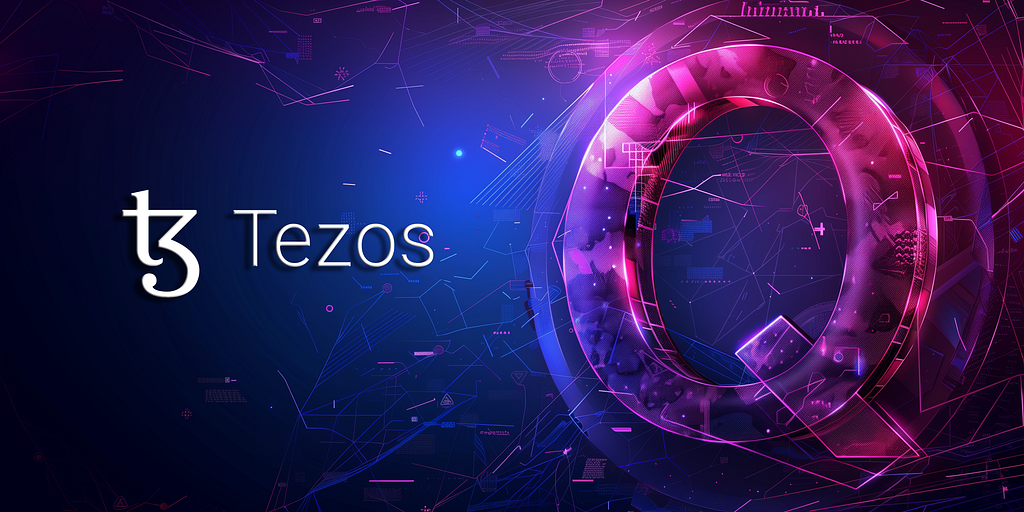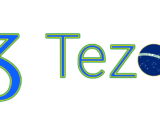
Tezos Commons :: Tezos Upgrade Showdown: The Key Differences Between Quebec A, B, and Qena
September 24, 2024A Closer Look at Tezos’ Latest Proposals: Quebec A, Quebec B, and Qena
Tezos is once again presenting the community with a set of important protocol proposals: Quebec A, Quebec B, and Qena. Each of these proposals brings a set of technical improvements, but they also diverge when it comes to changes in Tezos’ economic model. Whether you’re a baker or a participant in the Tezos ecosystem, it’s essential to understand these differences, as the proposals have distinct implications for the network’s future, especially regarding inflation, staking, and delegation.
In this article, we’ll break down the technical upgrades common to all proposals and dive into the unique aspects of each one. Finally, we’ll look at who might prefer each proposal and why this variety of proposals is a win for the Tezos community.
What All Three Proposals Offer
Before we get into the specifics of each proposal, it’s worth noting that all three share a set of technical improvements. These upgrades focus on performance, user experience, and fairness, ensuring that regardless of the outcome, the Tezos network will see positive advancements.
Here are the core upgrades found in Quebec A, Quebec B, and Qena:
8-Second Block Times: All three proposals aim to reduce block times from the current 10 seconds to 8 seconds. This means faster transaction processing and a better user experience. Shorter block times reduce finality, meaning transactions are confirmed more quickly — helpful for both everyday users and developers working on dApps.Amended Delegation Computation: The proposals address an issue introduced in the Paris upgrade, which led to some unintended consequences for bakers. The new computation method ensures that large transfers between delegators don’t accidentally reduce a baker’s baking rights. This update should make the delegation system smoother and fairer for both bakers and delegators.Improvements to Delegation Rights Calculation: An updated formula makes it easier for bakers and delegators to understand their baking power throughout the cycle. This improvement reduces confusion and ensures everyone has a clearer idea of their potential rewards.
In short, no matter which proposal wins, Tezos will benefit from faster transaction speeds and a more straightforward delegation system. But what about the differences?
Quebec A: Controlling Max Issuance
Quebec A takes the shared technical improvements and adds a significant economic tweak: the adaptive maximum issuance bound. This mechanism adjusts the maximum amount of tez that can be issued based on how close the network is to its target staking ratio of 50%. The closer the network gets to the 50% target, the lower the maximum issuance allowed, preventing excessive inflation.
This is important because Tezos uses an adaptive issuance model where rewards adjust based on staking participation. When fewer people stake, rewards increase to incentivize more staking. But without this cap, if participation is near the target, the issuance might remain high even when it’s not necessary, leading to unnecessary inflation. The adaptive maximum bound solves this by dynamically lowering the maximum issuance as the target is approached, keeping inflation in check while ensuring the network has enough rewards to secure itself.
Why vote for Quebec A?
You want to reduce inflation and make tez more scarce. Quebec A is for those who think controlling the supply of new tez is essential for the network’s long-term growth and value.
Quebec B: More Staking, Less Delegation
Quebec B includes everything Quebec A offers — technical improvements and the adaptive maximum issuance bound — but takes the economic adjustments one step further. In addition to the adaptive maximum issuance bound, Quebec B proposes to reduce the power of delegated funds when calculating baking rights.
Currently, when you delegate tez to a baker, those funds count toward the baker’s overall staking power. Right now, delegated funds are weighted at 50% of their nominal value when calculating baking power. In Quebec B, that percentage is reduced to 33%. In other words, delegation becomes slightly less powerful, pushing people to stake their own tez instead of relying heavily on delegation.
This change is designed to push more people toward staking instead of delegating. By reducing the influence of delegated funds, Quebec B increases the incentive for users that have more “skin in the game.” Those who stake will see greater rewards relative to those who rely heavily on delegations.
Why vote for Quebec B?
You believe that the more direct participation and personal stake you have, the greater your rewards should be. Quebec B is ideal for those who want to encourage more staking rather than delegating.
Qena: Keep the Tech, Skip the Economics
Qena includes all the same technical upgrades as Quebec A and Quebec B — 8-second block times, smoother delegation calculations, and overall network improvements — but it skips the economic adjustments altogether.
Qena is for those who believe that it’s too early to introduce more economic adjustments. The Paris upgrade, which just activated two months ago, brought in a huge economic overhaul, and many think we should let that play out longer before making further changes.
In other words, Qena appeals to people who want to give the current system time to settle before adding more complexity to the economic model. It’s for those who think we should focus on the technical upgrades now and reconsider economic tweaks later once we’ve seen how things develop post-Paris.
Why vote for Qena?
If you believe it’s too soon to make more changes to the economic model after the big Paris upgrade and want to give the current system more time, Qena is the way to go. It’s for those who think the technical improvements are enough for now, and we shouldn’t rush into additional economic changes.
A Win for the Community
Regardless of which proposal wins, it’s important to recognize that having three different options — including one from the community itself (Qena) — is a victory for Tezos governance. It highlights the power of a decentralized, community-driven blockchain, where different voices can present their vision for the network’s future.
Vote for Quebec A if you want to reduce inflation and make tez more scarce.Vote for Quebec B if you also want to reduce the influence of delegated funds and encourage more staking.Vote for Qena if you believe it’s too soon for more economic changes and think the technical upgrades are enough for now.
If you’re a baker, make sure to vote and help shape the future of Tezos. If you’re not a baker, engage in discussions with the community and your baker about their vote. The future of Tezos is shaped by the community, and every voice counts. Let’s continue to push Tezos forward — together.
Tezos Upgrade Showdown: The Key Differences Between Quebec A, B, and Qena was originally published in Tezos Commons on Medium, where people are continuing the conversation by highlighting and responding to this story.

